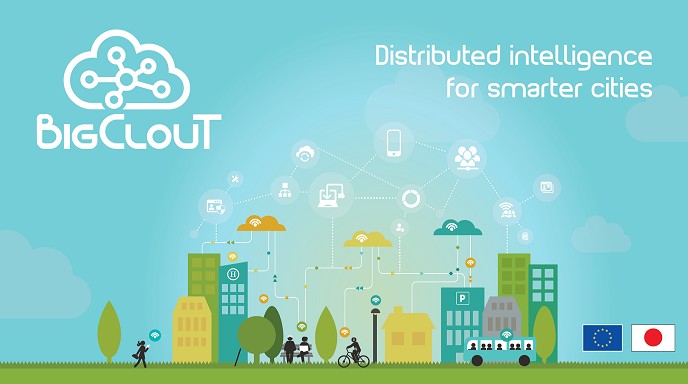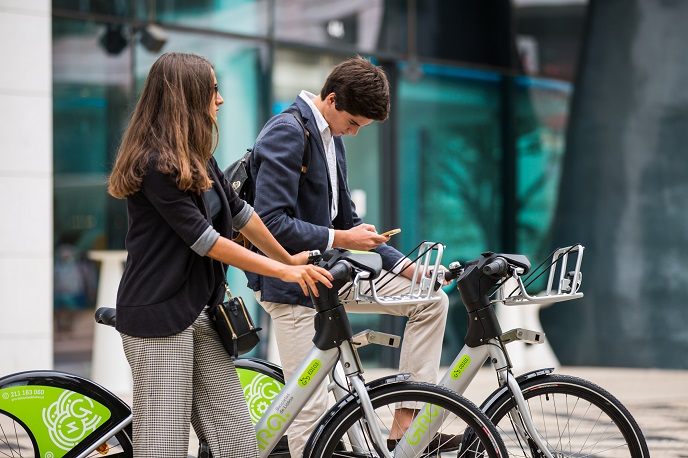How Big Data is enabling distributed intelligence for smarter cities
As the global population shifts towards urban areas, ICT solutions have the potential to change the way we live, work and play. Technologies like the internet of things (IoT), Big Data and cloud computing are particularly well-positioned as key enablers for increasing the efficiency of using shared urban infrastructures and natural resources. Jointly funded by the EU and Japan, the BigClouT project is working to leverage these enabling technologies to give cities ‘an analytical mind’. To do this, project researchers are developing distributed intelligence that can be seamlessly embedded within a city’s network. “The project aims to provide cities with the analytic capability needed to exploit the Big Data coming from IoT devices, open data sources, social networks and mobile applications,” explains project coordinator Levent Gürgen. “The goal is to improve the efficiency of cities and the lives of their citizens.” From Big Data to smart applications The core of the project is an interoperable platform that accesses a vast set of heterogeneous data sources. Based on a modular architecture, the BigClouT platform is comprised of three levels. The first level collects and unifies data from a large variety of data sources (IoT devices, legacy platforms, web pages, mobile apps, etc.). The data is then redistributed to the second level, where it is processed for online and offline data analysis and visualisation. In the final layer, citizen-centric applications can be easily built with the provided service composition tools. For the end user, all services will be available via a range of attractive, smart city applications. For example, on the sustainability front, the platform’s monitoring and prediction capabilities alert users when they consume more energy than normal and provide best practices for saving energy – and money. Trying to figure out the most efficient way to get to work? BigClouT helps with that too. Analysing all public transportation schedules, traffic conditions, car sharing availability and carpool seats, the app provides users with the quickest and greenest option. To help cities better maintain infrastructure, BigClouT empowers users to report problems. For example, if you spot a pothole while driving, you can take a photo of it via the application. The app automatically geotags the pothole and sends this information to the relevant city department. An international success story A work in progress, the project is finalising the testing of its distributed intelligence platform in: Bristol, England; Grenoble, France; and Tsukuba and Fujisawa, Japan. “International coordination on a highly-technical project like this can be quite challenging,” says Gürgen. “But thanks to the tight collaboration and trust between the project partners – a relationship built from our work together on prior initiatives – the BigClouT project has been a resounding success.” Following the final review, researchers will focus on preparing the BigClouT platform for commercialisation through a new start-up enterprise. The project’s results will be further promoted via the Urban Technology Alliance (UTA), an association founded by the partners of several EU-Japan and EU-Korea smart city projects, including BigClouT. “Through this unique initiative, we will be able to continue deploying a range of smart city solutions and share best practices around the world,” adds Gürgen.







